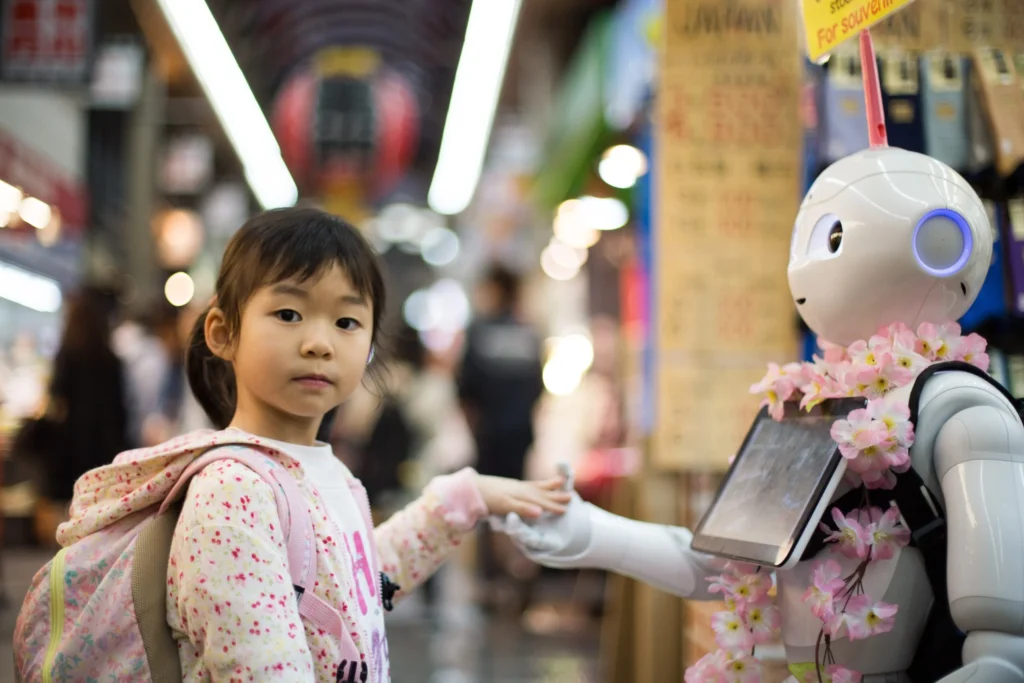The Era of Intelligent Robots is Here
Robots are no longer confined to the realms of science fiction; they are rapidly becoming a part of our everyday lives. From manufacturing industries to healthcare facilities, robots are revolutionizing the way we work and live. And now, thanks to cutting-edge AI technology, robots are gaining advanced recognition skills, marking a significant leap forward in their capabilities.
Traditionally, robots have been programmed to perform specific tasks, lacking the ability to comprehend and interact with their surroundings. However, with the advent of new AI technology, robots are now equipped with the power of recognition, enabling them to identify objects, people, and even emotions.
Enhanced Object Recognition
The ability to recognize and identify objects is a crucial skill for robots to navigate and interact in their environment. With the new AI technology, robots are equipped with advanced computer vision systems that enable them to accurately identify and categorize objects. From simple everyday items to complex tools, robots can now understand and interact with their surroundings in a more intuitive and efficient manner.
This enhanced object recognition capability has numerous implications across various industries. In manufacturing, robots can accurately identify and locate specific components, streamlining production processes and significantly reducing errors. In healthcare, robots can identify medical instruments and supplies, improving patient care and enhancing operational efficiency.
Emotion Recognition: Robots with Empathy
One of the most remarkable advancements brought by AI technology is the ability to recognize and interpret human emotions. Robots are now capable of understanding facial expressions and body language, allowing them to respond to human emotions in a more empathetic manner. This breakthrough has the potential to revolutionize fields like customer service, healthcare, and therapy.
Imagine a robot in a customer service role that can detect and respond to customer frustration or satisfaction. With emotion recognition capabilities, the robot can adapt its responses and actions accordingly, providing a more personalized and satisfactory experience for the customer.
In the healthcare field, robots with emotion recognition skills can assist in patient care by understanding and responding to the emotional states of individuals. This can have profound implications for individuals with mental health conditions, providing them with much-needed support and companionship.
The Future of Robotics
The integration of AI technology into robotics represents a significant milestone in the development of intelligent machines. With enhanced object recognition and emotion recognition skills, robots are becoming more capable and versatile, opening up a world of possibilities across various industries.
As this AI technology continues to evolve, we can expect even greater advancements in the capabilities of robots. From autonomous vehicles to collaborative robots working alongside humans, the future of robotics holds immense potential for transforming our lives and industries.


